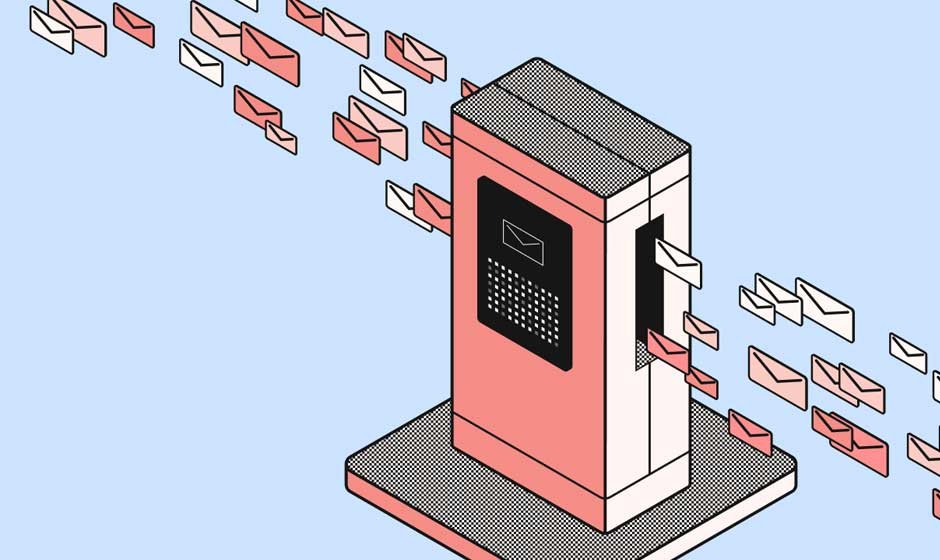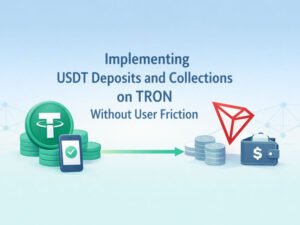At customer service areas where vehicle registration and licensing occurs, quick response is necessary- particularly, to those of high priority. The delay in the plate renewal process may be of great inconvenience to clients whose vehicles are their means of daily transport, conduct of businesses, and duties. When such delays are experienced, it is important that the customer service departments are perfectly aware of how to escalate the problem to the surface so that the needs of the client are addressed with a sense of urgency and within sound professionalism.
The renewals of plates having urgent situations are high-priority requests, whose time-related circumstances include those involving working schedules, legal deadlines, or travel plans having expired registrations. The idea behind understanding how to navigate such requests with very little slippage can assist the teams to solve problems quicker and keep the clients less frustrated, as well as keep the public trust levels high. A proper increase in issues on SGI plates renewal guarantees successful resolution of issues in an efficient and consistent way on all channels.
Understand The Urgency Of The Request
To start with, you should know the urgency in the management of high priority renewal of the plate cases. Not every delay in the renewal, of course, necessitates an escalation, whereas when the client explains that their case is urgency-related or interferes with the working process, the case has to be noted instantly. Active listening and posing the appropriate questions are all effective ways in figuring out how urgent the situation is and establishes how a successful resolution process can be achieved.
When the urgency has been confirmed, the concern is supposed to be noted precisely in the customer data. Put in all the contents about dates, urgency, and prior attempts by the customer. The information does not only facilitate the escalation argument but it also gives a complete picture to the higher-level personnel or offices looking into the issue.
Follow Internal Escalation Protocols
Internal escalation of service tickets will be provided in most agencies and organizations dealing with the renewal of SGI plates. These procedures should be taken through and through by front-line staff. Being familiar with these protocols makes it possible to act faster, guarantees the consistency of all urgent requests, and avoids unnecessary delays in the customer support process.
In implementing escalation procedures, make sure that delivery of all interaction is professional, whole, and directed to the right channels. Provide attachment with the expired temporary permits, the evidence that the problem was tried to be raised earlier, and any direct customer words. An effective, well-organized escalation raises the chances of a positive resolution of the client fast and successfully.
Use Available Digital Tools
A large number of customer service departments have access to digital systems to enable prioritizing and event escalation on their work order or ticketing systems. Utilization of these tools can help increase the visibility and limit the possibility of forgetting about the delays. The system should allow tagging or flagging of high priority cases and the supervisors or other predesignated special escalation teams should be able to respond to such cases quickly.
The use of such tools as automated reminders, the so-called internal notes, or customer messaging can also be used to keep track of an escalated SGI plate renewal request progress. Ensuring that all information is kept in the system, the level of transparency can be enhanced, and teams will be able to keep the level of services consistent throughout the escalation.
Maintain Clear Communication With The Customer
As an escalation process is in progress, one should always update the customer about each stage. The very important clients get concerned or anxious in the case of delays, and establishing contact allays their concern. Inform the customer that his or her request has been escalated, what is going to happen next, and provide him or her with a realistic hope of how soon the solution may come into effect.
Communication should still be updated at major stages of the process, particularly, when new information comes out or when deadlines have altered. In cases where the situation is beyond the immediate control of your team, being in touch demonstrates to the customer that their request is not being put to the back-burner. This dialogue is particularly helpful in all those emotionally-charged or high-impact situations.
Coordinate Across Departments
In some cases the escalating plate renewal request needs to be coordinated with other departmental offices like payment processing, registration departments or third party service centers. In order to prevent delays, make sure that the request is communicated effectively in all the involved teams. Give every department the required context, urgency and documentation to act promptly.
Open communication between departments is key. An internal communication platform, a common ticketing system, or frequent check-ins may allow making sure that the entire escalation process does not experience any delays related to the lack of communication. When employees collaborate with the common objective of settling a high priority, with SGI renew my plates, you can achieve better results and ensure customers are not disappointed.
Document Every Step Of The Process
Thorough documentation is vital throughout the escalation process. This involves documentation of the interactions with such customers, details of the problem, the escalation steps and updates provided by other units. Accurate records make it possible that all team members know the same information and there is the low risk of repeating the work or being confused.
Comprehensive documentation also helps with post-resolution reviews. As teams are able to refer to the way a high priority SGI plate renewal case has been dealt with, this provides and helps them in getting useful insights on how better processes can be established in the future. It facilitates in-house training and guarantees accountability in the process of customer service practices.
Evaluate And Learn From Escalated Cases
Once the issue gets resolved it always helps to do a swift assessment on how the escalation was and is being managed. Was the response time fast enough? Were there any communication gaps? How can it have been done differently, so that the customer would have had a smoother experience? Such questions assist in revealing process improvements that would be beneficial both to staff members and clients.
Systemic changes can also be arrived at by identifying issues in the pattern of elevated cases. In case multiple high priority SGI renew my plates requests are brought about by a related incident, then the organization might be required to work at that particular source of suffering. This will also warrant less escalation in the long-term and a more quicker and consistent service delivery to the clients on the whole.
A disciplined and dynamic approach to the rising ranks of high priority SGI plates waiting to be renewed can assist the customer service departments to limit the time delays, save their own client relationships, and serve their customers with the high standards of the government service delivery. An active-minded attitude, good internal coordination, and an open communication system can cushion the occurrence of such desperate moments when urgent cases require immense care and attention.










